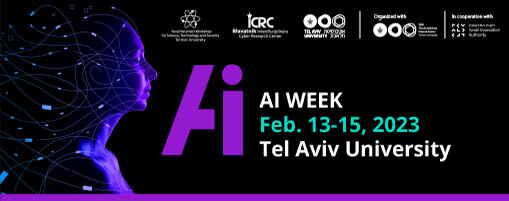Incorporating humor in systems can enhance the user experience, attention and retention, as well as user’s rapport with the product. However, despite being studied for millennia, humor is computationally not well understood, often considered an AI-complete problem. Thus, much of the effort towards automating humor was done on very narrow and well-defined tasks.
In this talk, I will present three novel computational humor works (and what they taught us):
In the first task we introduce a novel setting in humor mining: automatically detecting funny and unusual scientific papers [1]. We are inspired by the Ig Nobel prize, a satirical annual prize celebrating funny scientific achievements (example winner: “Chickens prefer beautiful humans”).
In the second we explore playfulness in human-conversational agents (CAs) interactions [2]. While CAs are well-suited for task-oriented interactions (“Call Jason”), playful requests are often beyond their capabilities (“What’s your favorite color?”). This causes dissatisfaction and abandonment, destroying the rapport with the agent. Based on humor theories and real traffic data from Amazon Alexa, we present a taxonomy of playful requests and discuss ways to deploy it.
In the third, we close the loop and explore ways to automate the process of generating appropriate responses to playful shopping requests [3].
We hope that insights gained from these studies will help tackle long-standing challenges in AI and social science.
[1] Shani, C., Borenstein, N., & Shahaf, D. (2021, August). How Did This Get Funded?! Automatically Identifying Quirky Scientific Achievements. In Proceedings of the 59th Annual Meeting of the Association for Computational Linguistics and the 11th International Joint Conference on Natural Language Processing (Volume 1: Long Papers) (pp. 14-28).
[2] Shani, C., Libov, A., Tolmach, S., Lewin-Eytan, L., Maarek, Y., & Shahaf, D. (2022, April). “Alexa, Do You Want to Build a Snowman?” Characterizing Playful Requests to Conversational Agents. In CHI Conference on Human Factors in Computing Systems Extended Abstracts (pp. 1-7).
[3] Shapira N., Kalinsky O., Libov A., Shani C. & Tolmach S. (2023). Evaluating Response Generation to Playful Shopping Requests. In European Conference on Information Retrieval. Springer, Cham.



